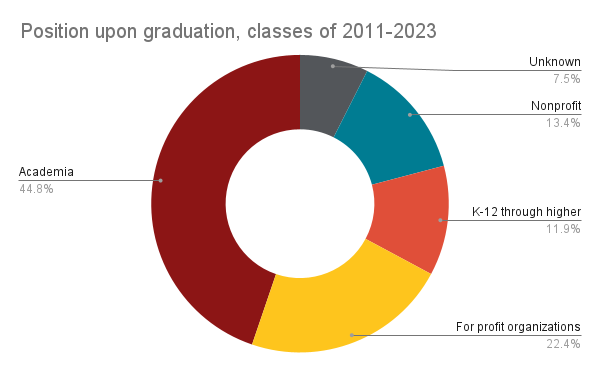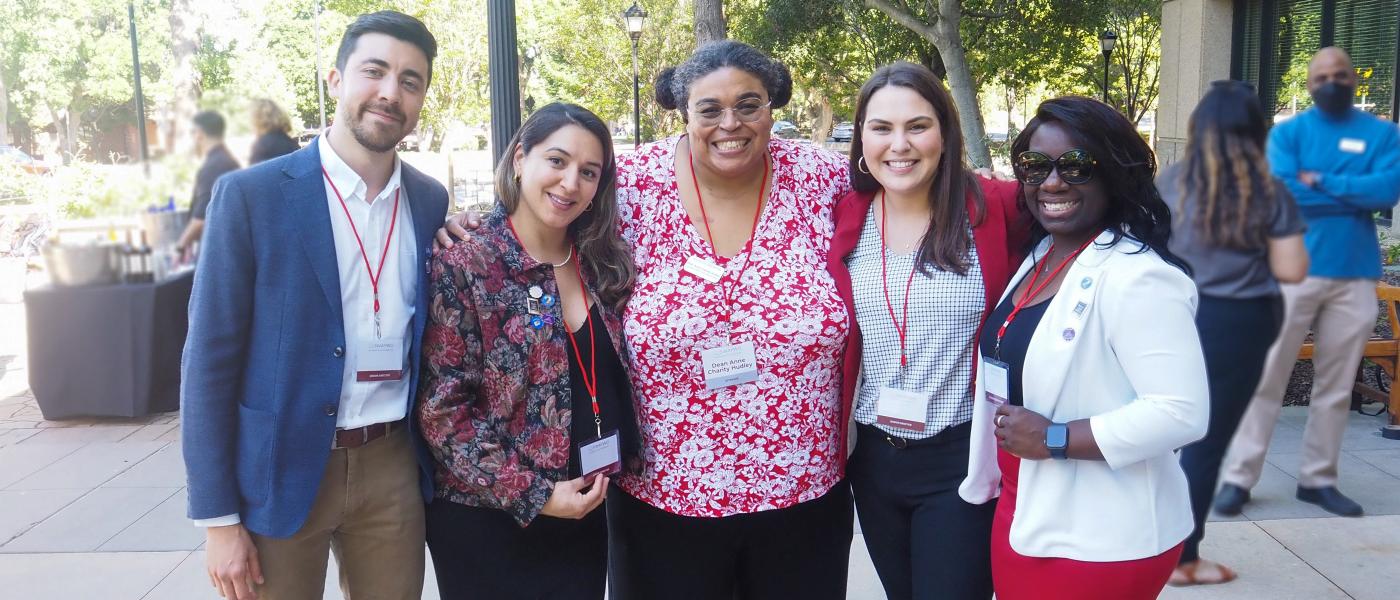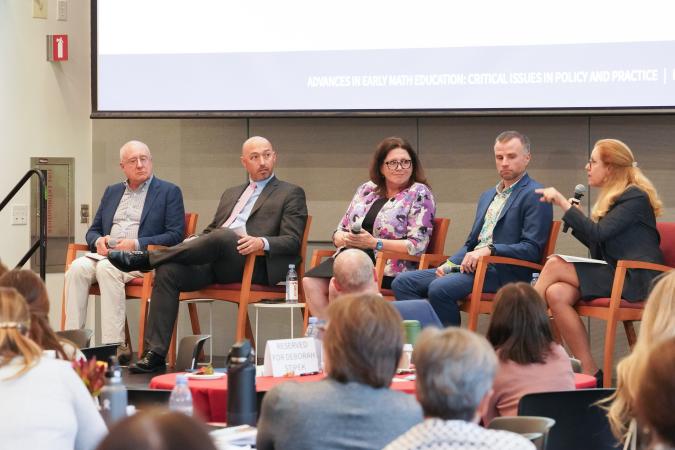Developmental and Psychological Sciences (DAPS)
The Developmental and Psychological Sciences (DAPS) program seeks to cultivate scholars who help transform both research and practice, with a focus on leveraging insights to improve adjustment, education, and learning outcomes.
DAPS emphasizes disciplined inquiry aimed at understanding psychological functioning and human development in relation to formal and informal learning contexts. The goal of the program is to develop theory and research for the improvement of educational practice.

Program content
DAPS students complete coursework and faculty-guided research that ranges across the major domains of psychology relevant to education, while developing individual specializations. Students are expected to achieve knowledge and expertise in several substantive domains of developmental and psychological theory and research methodology.
Cross-area specializations
The GSE offers two cross-area specialization programs that allow doctoral students of any academic area to focus their scholarship and apprenticeship in these domains.
Learning Sciences and Technology Design (LSTD)
Learning Sciences and Technology Design (LSTD) engages students in foundational research learning sciences and in designing the technologies that support learning in diverse contexts across the lifespan.
Race, Inequality, and Language in Education (RILE)
Race, Inequality, and Language in Education (RILE) trains students to become leaders in conducting research on how race, inequality, and language intersect to make both ineffective and effective educational opportunities.
Our faculty
DAPS faculty represent a wide variety of expertise and research interests. Their research projects provide students with exemplary training in the field, from research on belonging and well-being to neuroscience and cognition. DAPS faculty study processes from early childhood to young adulthood in family, school, and community settings.
Our community
After you graduate
The DAPS program prepares students for professional careers in scholarly research and in teaching. DAPS graduates go on to work in a variety of higher education, education technology, and nonprofit organizations.

We have gathered data from graduating classes since 2011 representing their first positions after graduation.
Academia: Around half of DAPS graduates pursue opportunities in academia. These positions include tenure track, non-tenure track, and post-doctoral training programs in both schools of education and psychology departments. Examples of hiring institutions include NYU, Harvard University, University of Illinois, and the Robert Wood Johnson Foundation.
Nonprofit organizations: DAPS graduates also pursue scholarly research at non-profit organizations such as MDRC, West Ed, and SRI, as well as global organizations.
For-profit organizations: Some DAPS graduates take positions at for-profit companies, where they design and implement research, while others pursue their own entrepreneurial enterprises. Examples of for-profit organizations include Google, Meta, Intuit, and Pearson Education, Inc.
K–12 through higher education: A small number of DAPS graduates choose to start their careers in the education sector, working for K–12 public school districts or higher education institutions in research roles.
Research news
What you need to know
Contact admissions
For admissions webinars and to connect with the admission office, see our Connect and Visit page.
Admission requirements
To learn more about requirements for admission, please visit the Application Requirements page.
Financing your education
To learn more about the cost of the program and options for financial support, please visit Financing Your Doctoral Degree on the admissions website.












